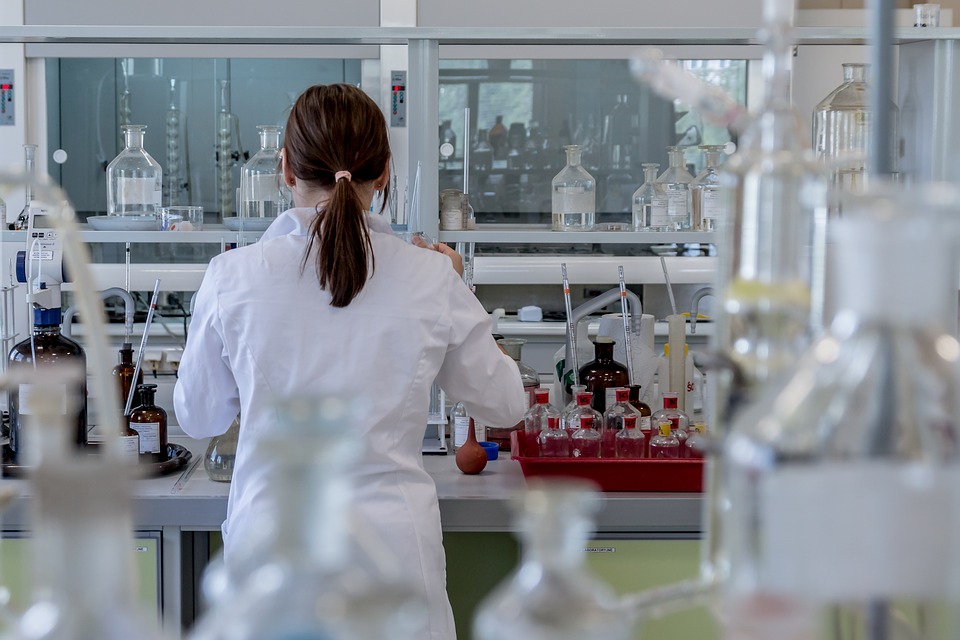'Antifreeze' molecules may stop and reverse damage from brain injuries

The key to better treatments for brain injuries and disease may lie in the molecules charged with preventing the clumping of specific proteins associated with cognitive decline and other neurological problems, researchers from the Perelman School of Medicine at the University of Pennsylvania report in a new study published in Neurobiology of Disease.
Concentrations of these brain molecules -- called N-acetylaspartate (NAA) -- are known to decrease when people suffer from brain injuries and diseases. Its possible NAA is creating "peptide backbones," the authors said -- the NAA inserts itself between layers of amyloid-beta clumps and protofibrils, preventing the formation of mature amyloid fibrils.
"We show a new and potentially significant biological function of NAA in the brain, as a surprisingly effective agent for inhibiting and even reversing aggregation of amyloid-beta," said lead author Jean-Pierre Dolle?, PhD, of the Penn Center for Brain Injury and Repair. Source.
Jean-Pierre Dollé, Jeffrey M. Rodgers, Kevin D. Browne, Thomas Troxler, Feng Gai, Douglas H. Smith. Newfound effect of N -acetylaspartate in preventing and reversing aggregation of amyloid-beta in vitro. Neurobiology of Disease, 2018; 117: 161 DOI: 10.1016/j.nbd.2018.05.023